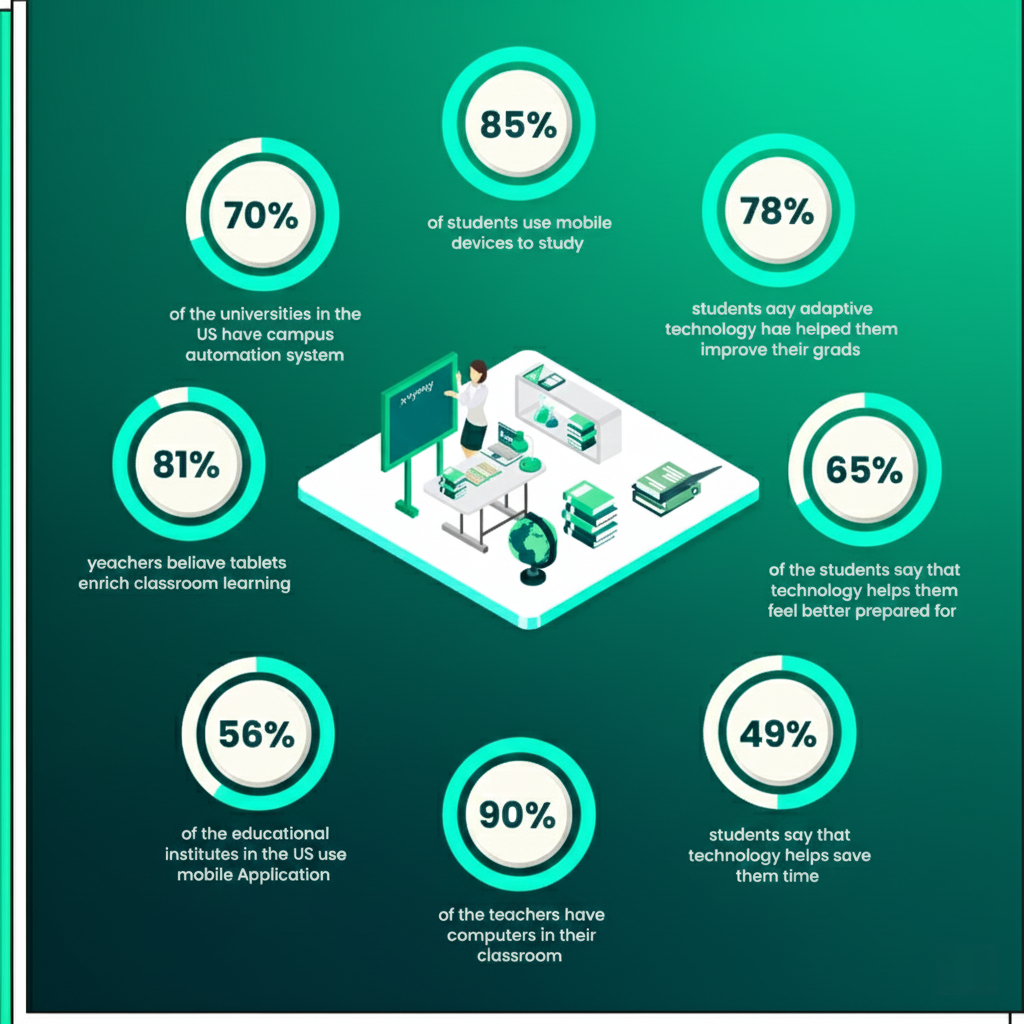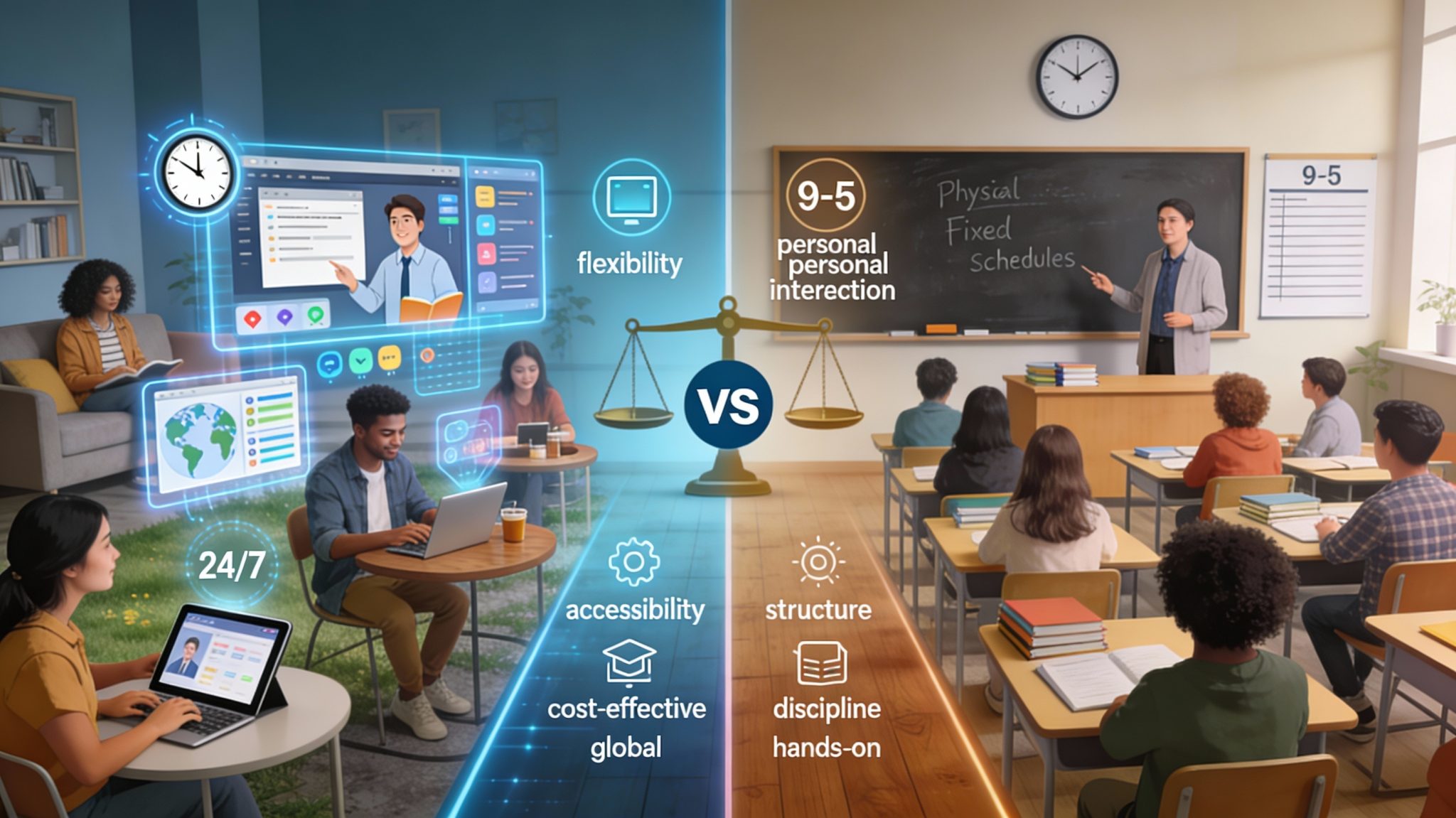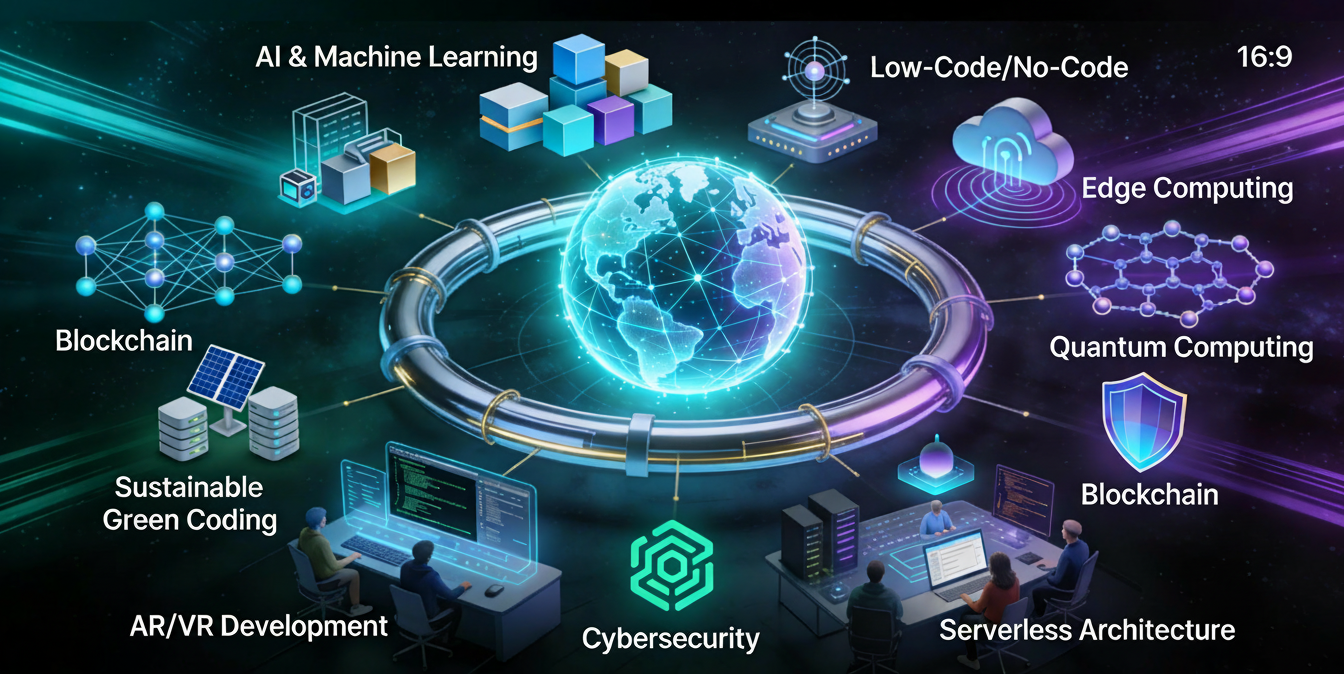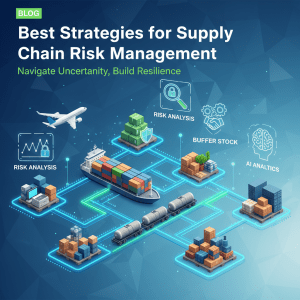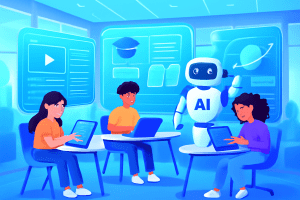Introduction
The way we search for information online is undergoing a groundbreaking transformation. What began as keyword-based queries on Google is rapidly evolving into an AI-powered, conversational, and context-aware experience. This shift is not just a technological trend, but a fundamental change in how humans interact with information on the internet.
The Evolution from Traditional Search to AI Search
Traditional search engines like Google use keyword matching and ranking algorithms to serve web pages related to user queries. While effective, this method requires users to refine their searches and sift through links to find answers.
AI Search changes this paradigm by understanding natural language, user intent, and context at a far deeper level. Powered by advanced models like Google’s Gemini 2.5, AI Search can generate comprehensive, nuanced responses that summarize and analyze information from across the web—often eliminating the need to browse multiple sites.
Why AI is Changing Search Forever
1. Conversational Interaction
Users can interact with AI search as if talking to a knowledgeable assistant. This makes searches more intuitive, including follow-up questions without repeating context.
2. Multimodal Capabilities
AI Search supports text, voice, and image queries, enhancing accessibility and flexibility.
3. Comprehensive Answers
AI compiles information from multiple sources and produces detailed overviews, reducing the time and effort users spend searching.
4. Personalized and Contextual Results
AI tailors responses based on user preferences, search history, and current context, delivering highly relevant answers.
5. Impact on SEO and Content
Content strategies need to adapt, focusing on authority, relevance, experience, and clarity since AI ranks content differently than traditional algorithms.
Use Cases of AI Search
-
Healthcare: Immediate, reliable medical information without navigating complex sites.
-
Education: Rich, synthesized answers for learners and researchers.
-
E-commerce: Personalized shopping assistance and product discovery.
-
Business Research: Rapid market insights and competitor analysis.
Future Trends in AI Search
-
Tight integration with virtual assistants and IoT devices for hands-free queries.
-
Enhanced AI models understanding complex visual and audio content.
-
Growth in localized and multilingual AI search to serve global users better.
-
Continuous improvement in content quality evaluation to reduce misinformation.
Conclusion
The transition from traditional Google Search to AI-driven experiences represents a new chapter in digital information discovery. Embracing AI Search opens vast possibilities for users and businesses alike, offering faster, richer, and more intuitive access to knowledge.
For insights and service offerings on AI-powered search technologies, visit TechOTD AI Services and explore emerging trends on the TechOTD Blog.

